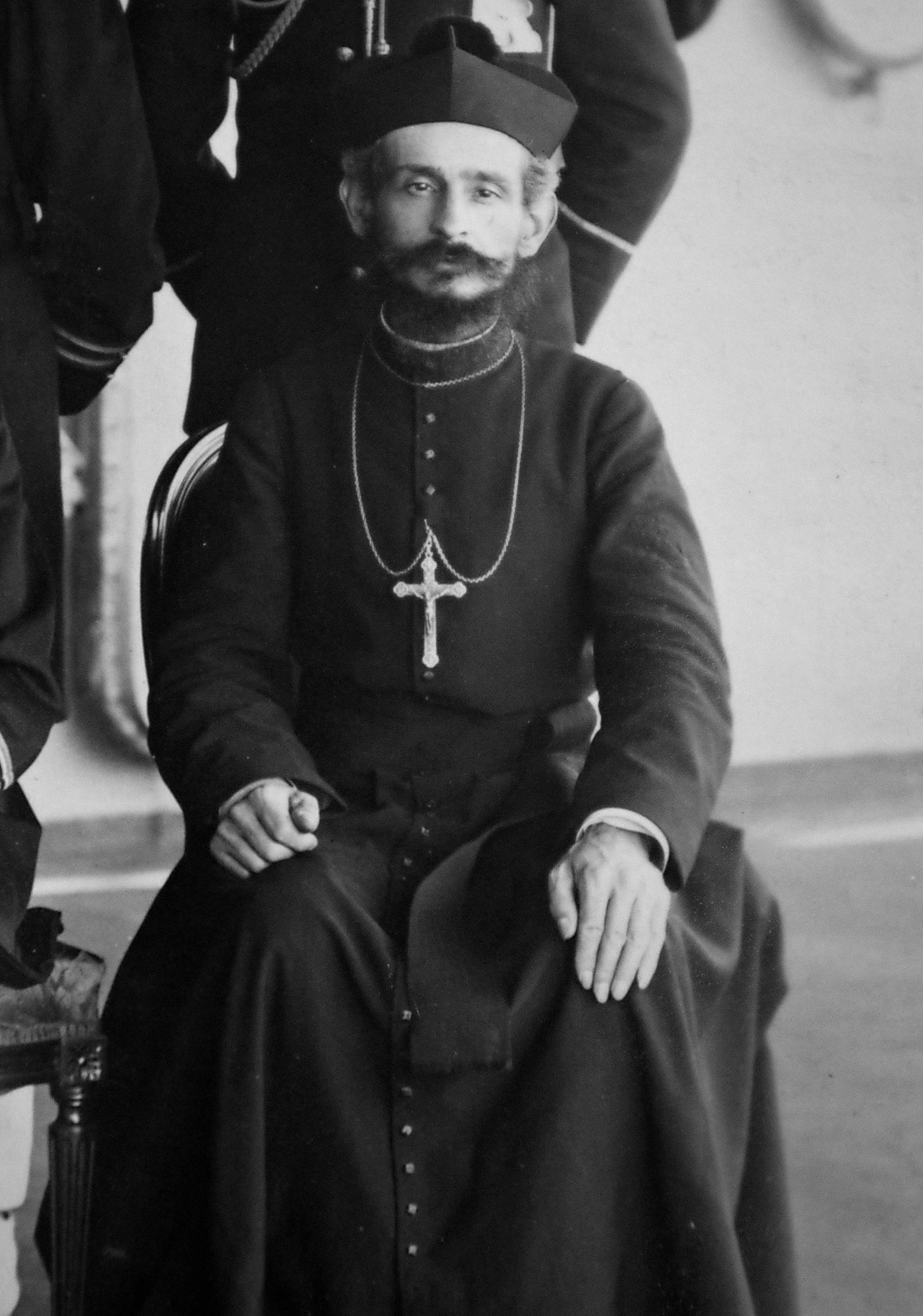Aurelio Porfiri
As we approach the end of the nineteenth century, names begin to appear that will have extraordinary importance for the liturgical reform of Vatican II and for the entire liturgical movement.
One of these is the Benedictine, Maurice Festugière of the Abbey of Maresdous, whose book The Catholic Liturgy will be a reference text of recent decades. Manlio Sodi, presenting an issue of Rivista Liturgica that deals with Festugière, thus frames it: “A development of considerable interest will be that attempted by Maurice Festugière with the publication of his famous work La Liturgie catholique: Essai de synthèse suivi de quelques développement (Maredsous 1913) in order to trace and deepen the dialogue between worship and anthropological realities, to better deepen the religious experience and develop the implications in the context of liturgical spirituality.” Hence the age-old theme of the encounter between liturgy and the human sciences, a theme that must not be avoided with the caveat that the human sciences do not take over in order to naturalize the supernatural at all costs. Anna Morena Baldacci in her graduate thesis called Interiorità e rito. L’interiorità del rito e la ritualità dell’interiore (Interiority and ritual:The interiority of the rite and the rituality of the interior) observes about our author: “Festugière enters into dialogue with contemporary spirituality on a philosophical and anthropological ground, trying to investigate the relationship between ritual action and religious experience. In doing so, he highlights the great crisis affecting the liturgy in the contemporary world: on the one hand, due to the Protestant influence, which refuses all mediation in the encounter with God, on the other, in the flight of Catholic spirituality from liturgical action.” Dialogue with the modern world becomes an urgency.
On the other hand, this trend will be found in certain theology of the first part of the twentieth century, and the use of the human sciences is the simplest support to give a natural basis even to what is not. It must be said that Festugière’s thought was opposed to that of the Jesuits, which did not play well with the Benedictine monk who at a certain point in his activity was prevented from writing about the liturgy.
His name is among the most popular among the liturgists of our time, and it is not to be denied that some of his questions probably had to be asked in some way. Obviously, we must always consider the way in which these questions are answered and from what perspective they arise. This makes all the difference.
(Image: The photo shows Fr Maurice Festugière as a military chaplain of the French Navy. Source: deviantart.com/irrlicht71/art/Maurice-Festugiere-487156233)


 Follow
Follow


